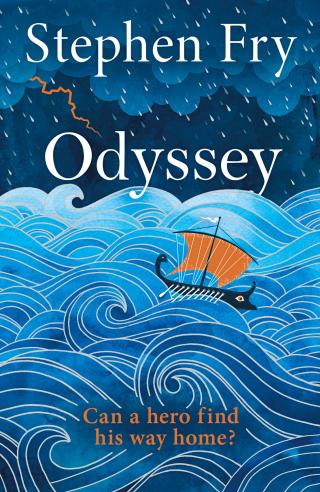
Аннотация
Introduction
Welcome to Odyssey. This is the fourth book in my series retelling the Greek myths. In order to understand and enjoy Odyssey there is no need, I assure you, to have read the previous three – Mythos, Heroes and Troy. Naturally, I hope that you might turn to them, or have already done so, but the story of the Odyssey stands alone, in every sense.
Having said which, it is perhaps worth a walk round the course before the race begins, to familiarize ourselves with the world we have entered. This might be best achieved by thinking of the three ‘Ages’ that correspond to the first three books of the sequence.
The Age of the Gods
The birth and rise of the gods forms the first part of the book Mythos. After violent acts of overthrow, twelve major divine entities settle themselves upon Mount Olympus to rule the world and its domains. Their king is Zeus, the Sky Father. You can see a list of the main gods with a brief description of their natures and responsibilities in the Cast of Characters at the back of the book.
To begin with, the realm below is populated only by animals, monsters, nymphs and assorted minor deities. In time, however, Zeus and his friend, the Titan Prometheus, create us, humankind, and before long we spread around the world.
Zeus and most of the other Olympians cannot help but busy themselves in our affairs, often punishing what they see as uppity mortal hubris, and just as often involving themselves at the most carnal level with those humans they find comely and attractive.
The Age of Heroes
Many of the children born to one mortal and one immortal parent rise to heroic demigod status – Perseus, Heracles, Theseus and Jason, for example. These are the subject of Heroes – courageous and often complicated figures especially celebrated for their quests and duels with the monsters that intimidate and threaten humankind. Through their victories over these creatures, the world becomes safer and stabler for humans. The first signs of cities, harbours, trade and agriculture appear in the world.
As the years pass and human civilization develops further, its relationship with the immortals begins subtly to change. Humans are obedient in praying and sacrificing to the gods, but more and more of their time and interest is devoted to their own concerns. The gods still interfere on occasion, but become more wary (or weary?) of interbreeding and interfering. Humankind seems more interested in itself, in setting and achieving its own goals.
The Age of Man
The Trojan War, though instigated by divine actions and regularly subject to divine intervention and intrusion, is largely fought, suffered and endured by ordinary men and women. Some of its leading characters have divine blood in their lineage – Achilles, Helen, Odysseus and Aeneas, for example – and certain of the gods assuredly have a passionate interest in the conflict, but, in essence, the Trojan War is a mortal enterprise.
And now it is over, and the Greek fleet and its kings, princes and commanders are anxious to return home.
This is the point where Odyssey begins. It is a profoundly human story, but there are gods and monsters enough to be encountered still. After Zeus, the three goddesses Hera, Aphrodite and Athena feature most heavily in this story, along with the messenger god Hermes. There is a reason for their close involvement, a reason that derives from the episode that triggered the whole Trojan War and its aftermath. Let’s (re)acquaint ourselves with that story …
![Тед Уоллис по прозвищу Гиппопотам – стареющий развратник, законченный циник и выпивоха, готовый продать душу за бутылку дорогого виски. Некогда он был поэтом и... Гиппопотам [The Hippopotamus-ru]](https://www.rulit.me/data/programs/images/gippopotam-the-hippopotamus-ru_150773.jpg)
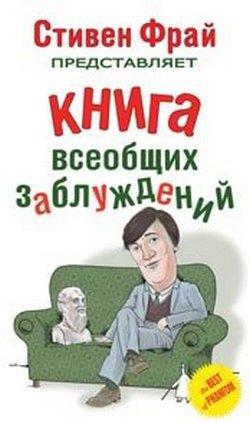


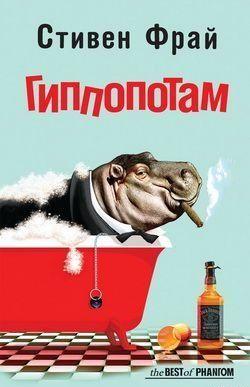
![Стивен Фрай, подтверждая свою репутацию человека-оркестра, написал историю классической музыки, которую вы и держите в руках. Но если вы думаете, что знаменитый... Неполная, но окончательная история классической музыки [Другая редакция перевода]](https://www.rulit.me/data/programs/images/nepolnaya-no-okonchatelnaya-istoriya-klassicheskoj-muzyki-dr_636681.jpg)
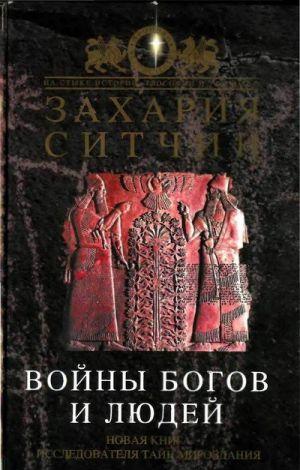

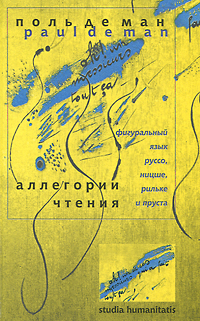
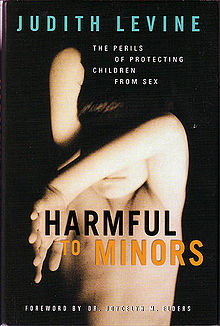
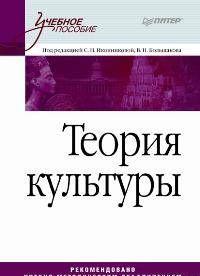
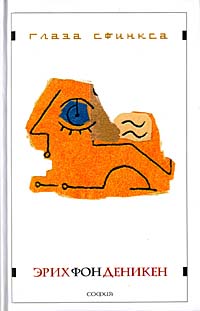

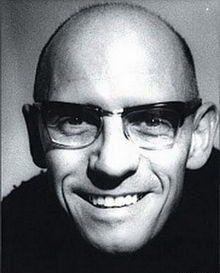
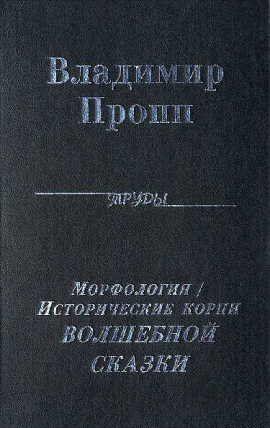
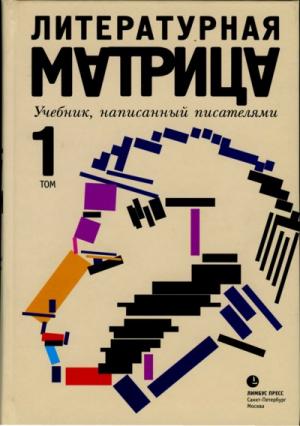
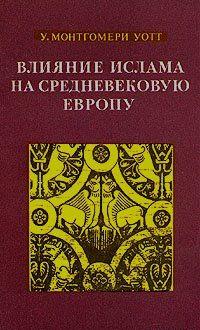
Комментарии к книге "Odyssey"